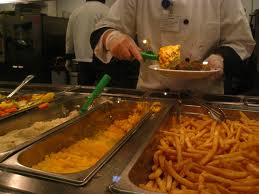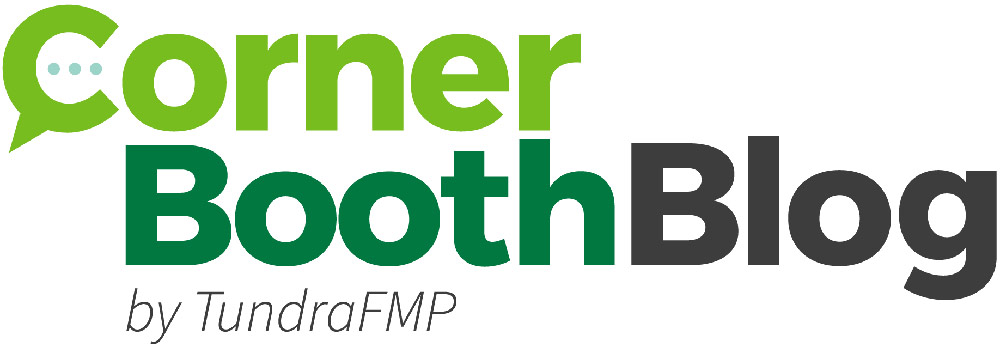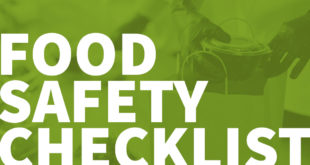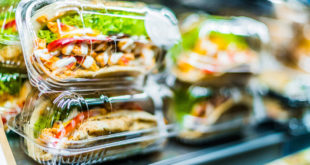You have 4 options for storing “in-use” dispensing utensils…the requirement is in Section 3-306 of the Colorado Retail Food Establishment Rules and Regulations:
- Stored in the food with the dispensing utensil handle extended out of the food
- Stored clean and dry
- Stored in potable running water as in a running water dipper well
- Stored at temperatures of 135 F and above, or 41 F and below

Health inspectors see some disgusting practices, such as:
- Chefs knives stored with their blades in cracks between equipment. These cracks are often lined with grease and old food residue.
- Knives stored on wall-mounted magnetic strips, but the blades are soiled or the knife rack itself is encrusted with grease, crumbs and residue.
- Dispensing utensils stored in a bucket of standing room temperature water, with lots of floating food debris.
Think about that from your customers perspective…would you want your food prepared with those utensils? Neither would I!
Besides storing in-use utensils properly, be sure the blades and handles are in good condition. I was with a customer recently and noticed a grill spatula with a sizable sliver of metal missing from the spatula blade. I can only hope it ended up on the floor or in the trash, and not in food!
Examine the food contact surfaces of your utensils and see if any of the following are present:
- Chipped or ragged edges of metal spatulas.
- Cracks or breaks in plastic ice scoops.
- Splinters or chips on wooden knife handles.
- Wooden cutting boards with deep grooves and potential loose wood debris.
- Fraying edges of plastic spatulas.
Those surfaces are not “easily cleanable” and they pose a real potential for material to end up in the food. How do you spell LAWSUIT? Make it part of your management walk-thru to watch for these problems and train your staff to do the same.
 Corner Booth Blog | TundraFMP Restaurant Supply, News & Equipment Blog
Corner Booth Blog | TundraFMP Restaurant Supply, News & Equipment Blog



